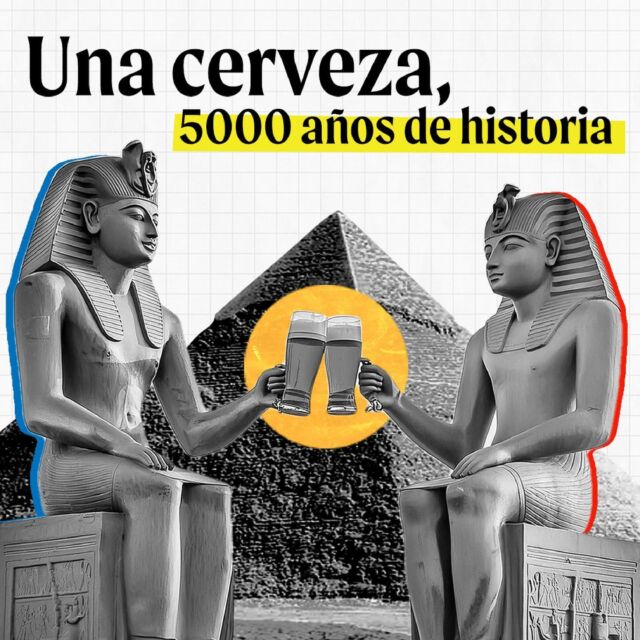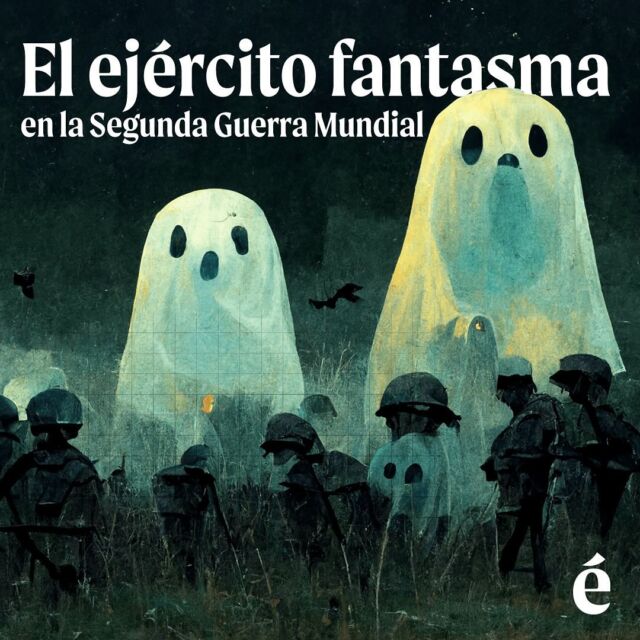We explain what dogmatism means, the different types and positions of the ancient philosophers. In addition, skepticism in philosophy.

What is dogmatism?
Dogmatism is a term used to refer to any philosophical position based on dogmas. Dogma, from the Ancient Greek dogma (which is translated as "belief" or "decision"), is a belief grounded in unquestioned principles. Dogmatism, therefore, is a set of views and opinions that claims to be in possession of an unquestionable truth.
Various types of dogmatism exist based on different discourses and organized institutions. All discourses are in turn composed of dogmas which constitute doctrines. For religious dogmatism, for instance, dogma is a truth revealed by God, which must be officially defined. All dogma presupposes the faith of those who participate in a given worship.
Other forms of dogmatism include the legal system and even scientific paradigms.
KEY POINTS
- Dogmatism is a set of ideas and beliefs characteristic of a position or doctrine held as absolute truth which does not admit criticism.
- Many forms of dogmatism maintain that the mind has the ability to reason and to to attain truth.
- Dogmatism is the opposite of skepticism, which questions the existence of a single truth.
- See also: Ontology
History of dogmatism
Etymology: The term "dogmatism" derives from "dogma", from Ancient Greek dogma ("belief" or "decision"), whose original meaning is "philosophical opinion" or "opinion founded on principles". From "dogma" emerges "dogmatism", which is applied in relation to various schools of thought, such as Cartesian or Kantian.
Sextus Empiricus, Roman philosopher who lived between 160 and 210 AD, used the word "dogmatists" (dogmatikoí) to refer to academics and distinguish them from skeptics (skeptikoí). The latter believed that truth should be questioned while dogmatists, as was the case of Aristotle and the Epicureans, believed they had attained it.
In 1545, starting with the Council of Trent, the authorities of the Church defined truths communicated by divine revelation as dogma. This transformation gave rise to the current meaning of the word, whereby a dogmatist is a person who thinks and behaves on the basis of a series of dogmas set out in a given doctrine.
Among the modern philosophers who pronounced themselves on dogmatism are:
- Blaise Pascal (French thinker who was born in 1623 and died in 1662) made a distinction between historical disciplines, which depend on memory (such as history or language), and dogmatic disciplines (such as geometry or music), which depend on reasoning and experience.
- Blaise Pascal and David Hume denounced Descartes for feigning skepticism which, in essence, concealed dogmatism.
- Immanuel Kant openly rejected the prevailing dogmatic metaphysics and described the "dogmatic procedure" as the way reason works in order to determine pure a priori knowledge (knowledge that is independent of experience).
Types of dogmatism
Some forms of dogmatism include:
- Religious dogmatism. This is dogmatism held under a doctrine based on theology and acts of faith. For example: for the Catholic Church, the Trinitarian relationship between the Father, the Son and the Holy Spirit resulting in the nature of God is dogmatic.
- Legal dogmatics. It consists in the interpretation and systematization of legal norms. Countries that have constitutional systems, for example, are under legal dogmatics.
- Scientific dogmatism. This is dogmatism that describes phenomena accepted and defined by the scientific community. Scientific dogmatism is usually put to the test, since different scientific paradigms can coexist. Newton's laws are an example of scientific dogmatism.
Dogmatism and skepticism in philosophy
There have been various forms of dogmatism in the history of Western philosophy. From the Stoic school of Zeno of Citium (333-264 BC) to Blaise Pascal (1623-1662) or René Descartes (1596-1650), many schools of thought have been grounded in unquestioned doctrines and dogmas.
On the other hand, there were other philosophers and schools of thought who spoke out against this doctrine. During the height of Stoicism, skepticism was a contemporary school of thought which held views contrary to dogmatism. Skeptics question the idea of a single truth or even any absolute truth at all.
Dogmatism in religion
Most religions are dogmatic at their core. Accepting a system of beliefs and a set of truths about the world and its origin constitutes an act of faith. Broadly speaking, therefore, "doctrines" refer to the thoughts contained in official theologies such as in Catholicism, Judaism or Islam.
Related articles:
References
- Defez, A., Muñoz, J., & Velarde, J. (2000). Dogma, dogmatismo y escepticismo. Compendio de Epistemología, 188-191.
- Ayala-Fuentes, M. (2008). Relativismo y dogmatismo: Causas y consecuencias. Persona y bioética, 12(2), 118-131.
- Calvo, T (1994). El pirronismo y la hermenéutica escéptica del pensamiento anterior a Pirrón, in J. Marrades y N. Sánchez (eds.), Mirar con cuidado. Filosofía y escepticismo, Valencia, Pre-textos/Universidad de Valencia.
- Popkin, R. H. (1969). The Sceptical Origins of the Modern Problem of Knowledge. En N, S, Care y R. H. Grimm (eds), Percepcion and Personal Identity.





Was this information useful to you?
Yes NoThank you for visiting us :)